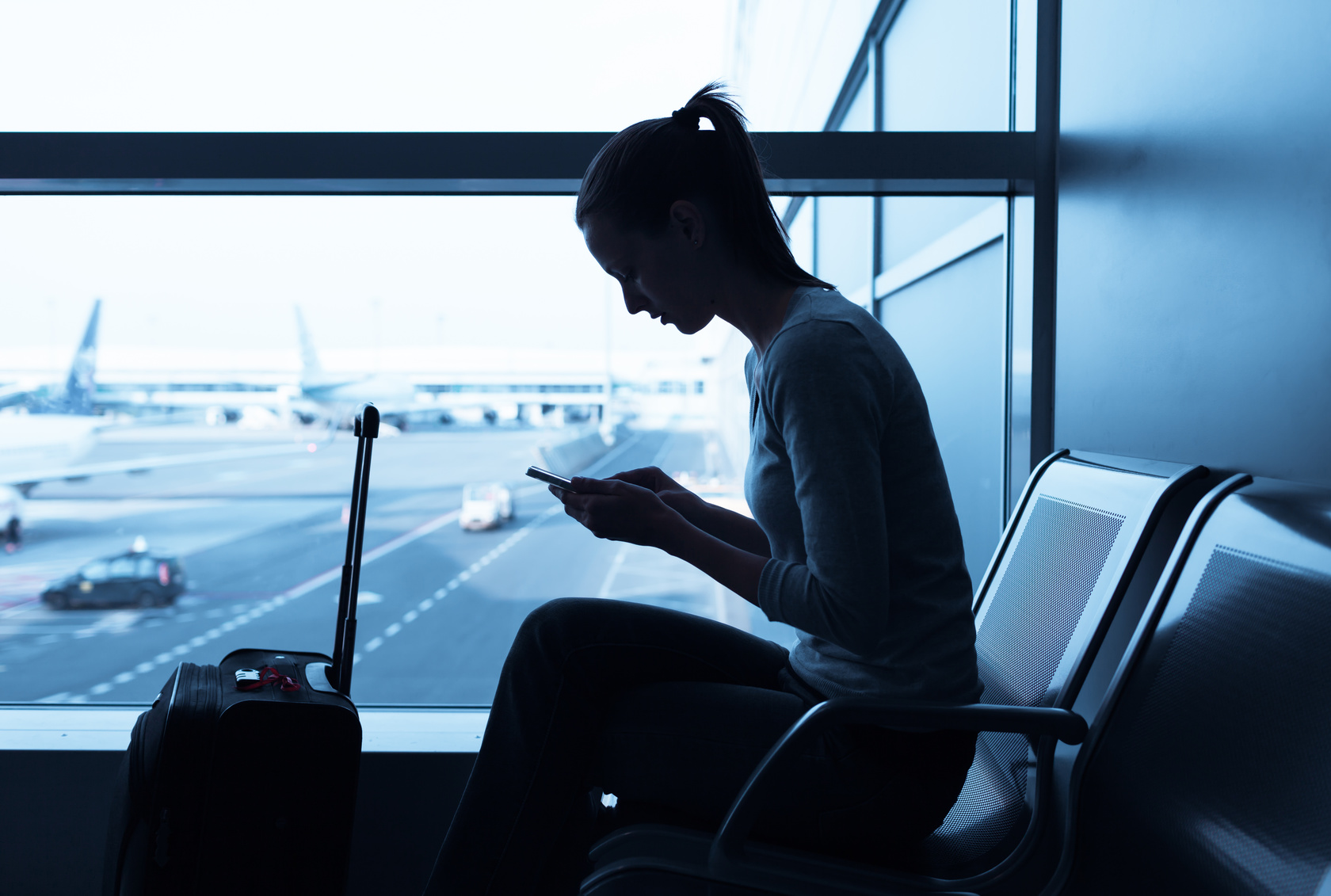4 Ways to Optimize Your Employees’ Bleisure Travel Experience
In 2016, there were 522 million business trips taken in the United States. So what should you do when one of your employees decides to extend one of these into a bleisure trip? If they have decided to take a long weekend to enjoy the sights after their meeting is over, it is now up to you to communicate your company’s policy on bleisure travel to them.
As seen in previous posts on the profile of a bleisure traveler and the factors in bleisure travel hotel choice, bleisure travelers are a diverse group of people who continue their stay after a business trip. Thirty-six percent of U.S-based business travelers have done this at least once, so it is important to be prepared when one of your company’s employees decides to take a bleisure trip.
According to GBTA’s study in partnership with Hilton, there are a variety of ways in which companies can improve their employee’s travel experience while aligning bleisure travel with their own goals. Here are four ways you can make the most out of a bleisure trip, both improving the traveler experience and ensuring bleisure travel remains aligned with company goals:
- Establish rules for expenses incurred by non-employees
There’s a good chance your employee will bring someone with them, as around 44 percent of business travelers take someone along on the leisure portion of their trip. They may spend more on their flight or hotels in order to make their guests more comfortable, and your company will need to set a precedent for dealing with these potential costs. If you don’t already have rules about this in place, it may be a good idea to add them to your travel policy.
- Help insure the safety of employees’ family members
Although your employee has access to the company’s security protection, their family probably does not. Make sure your employees are aware of what is covered by the company and advise them to consider purchasing insurance for their family.
- Make travelers aware of the resources available to them on the leisure portion of the trip
Your company may offer protection and other resources to an employee when they are on a business trip, but those same resources might not apply while they are on the leisure portion of the trip. Educate your employees on what is offered to them and in what situations it is available. This prevents unpleasant surprises from occurring while they are on vacation.
- Develop a policy regarding preferred suppliers & channels
Encourage your employees to book stays at your company-preferred hotels by informing them of the benefits and loyalty programs they offer ahead of time. Travelers may be able to receive the corporate rate during the leisure portion of their trip, while driving cost savings and ensuring policy compliance.
The best plan is being prepared ahead of time, as around 12 percent of travelers ran into an issue where they needed assistance from their company while away. Ultimately, informing your employees of your company’s policies for leisure travel is the best way to ensure a smooth trip.
